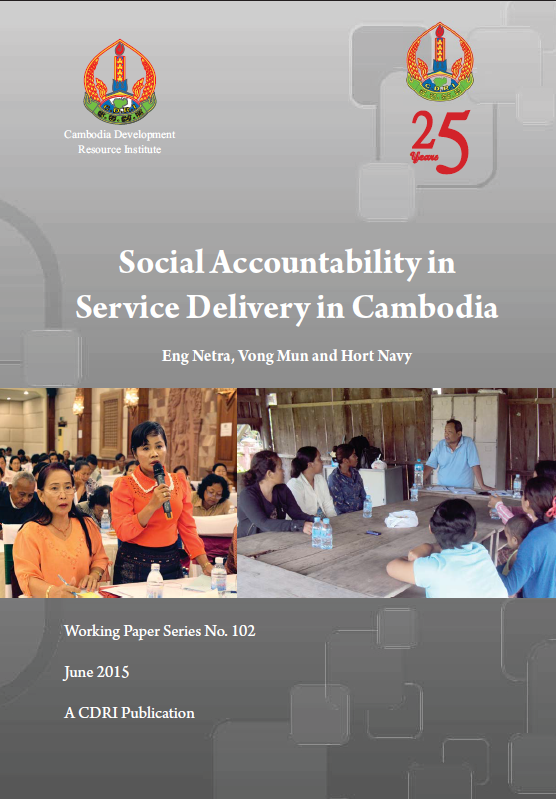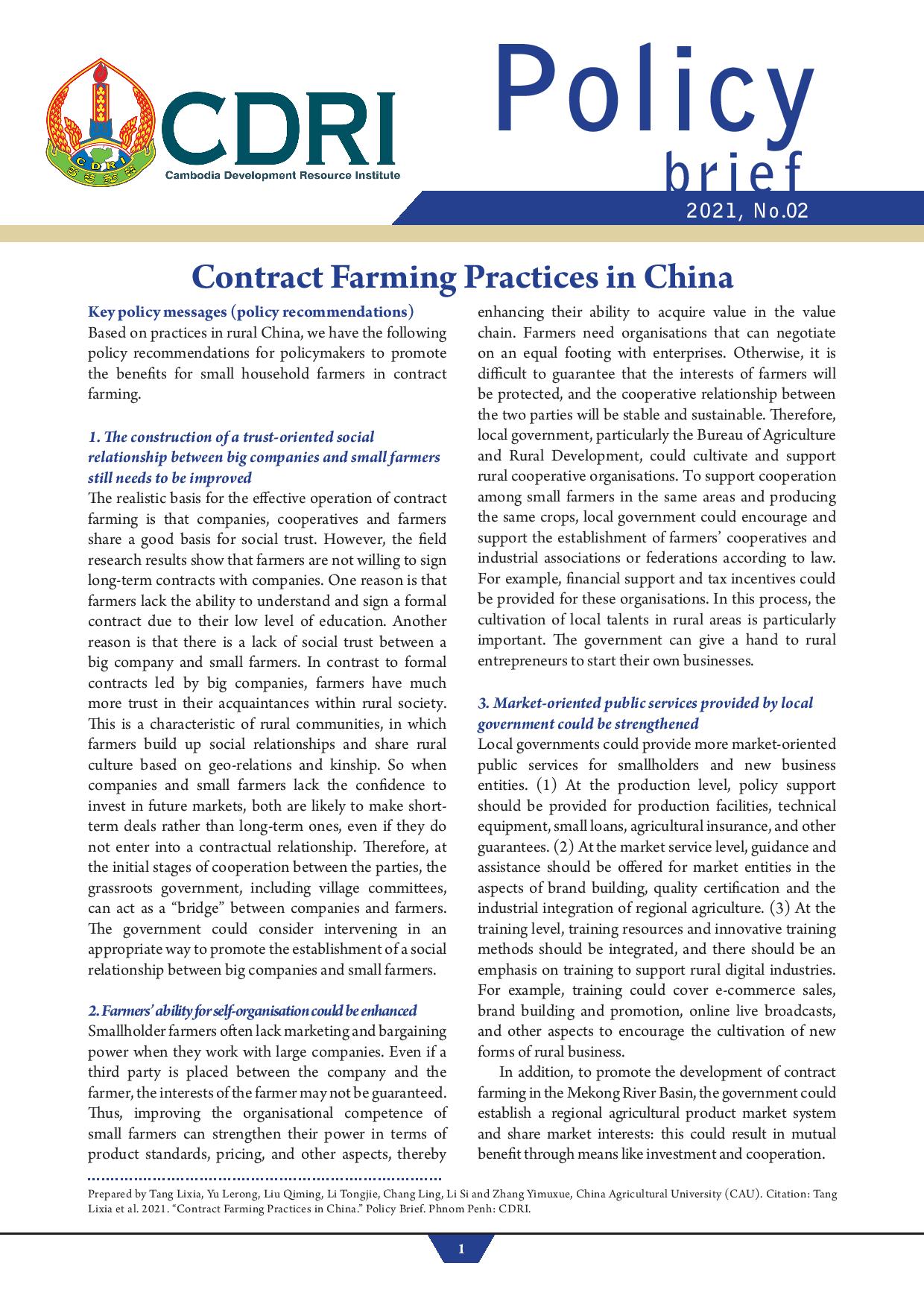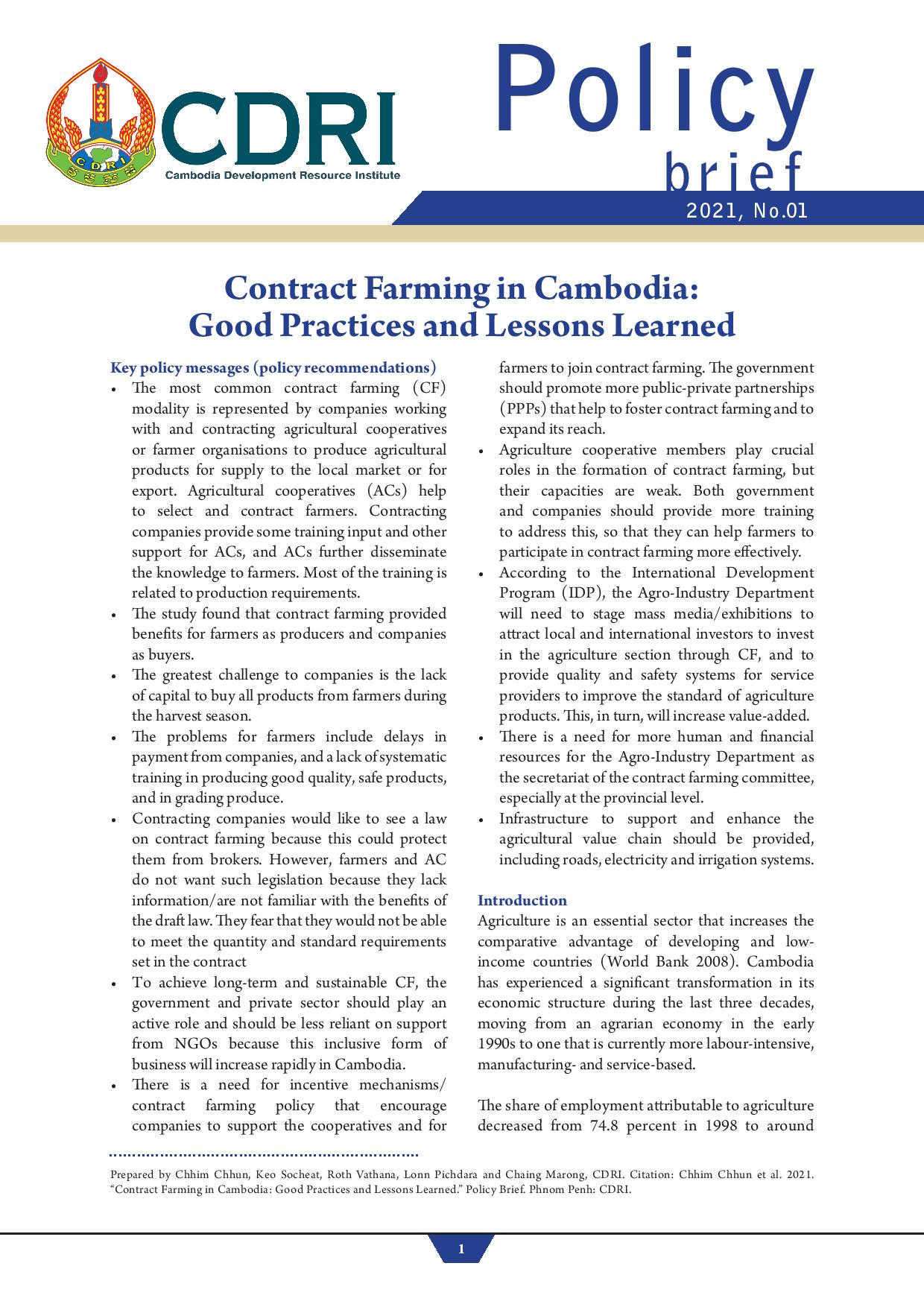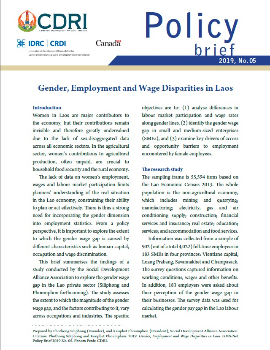
Abstract/Summary
Social accountability is becoming integral to the government of Cambodia’s reform agenda as a new approach to promote and empower citizens’ collective voice to demand accountability from state officials for improved public services. International donors and non-government organisations have initiated and implemented various tools of social accountability in Cambodia. This study examines three recent examples of social accountability initiatives in health, education and clean water. It focuses on how ordinary citizens, particularly the poor and women, have engaged with the accountability initiatives, the opportunities and the constraints they face in trying to mobilise and pose demands on state officials. The state, for its part, is not homogeneous and is shown attempting to control and respond selectively to citizens’ voices and demands. The study investigates the outcomes of these claims, and the power of citizens and NGOs to promote social collective action and to influence public service performance. It also questions the effects of these initiatives on citizen empowerment and broader state-society relations. Promising results for improved services emerge in health and education but due not so much to social accountability as to the pressure of electoral accountability resulting from the 2013 national election. Changes in empowerment and improved state-society relations are insignificant because ordinary citizens and the poor remain fearful of exerting their voice, and because government and NGOs are implementing very weak forms of social accountability. This study contributes a critical analysis of external accountability interventions, and sheds new light on the nature of state-society relations as they evolve in Cambodia.



